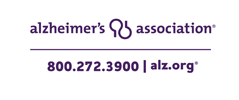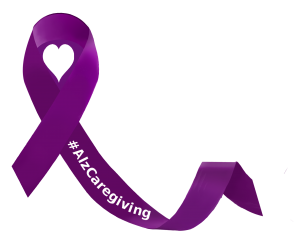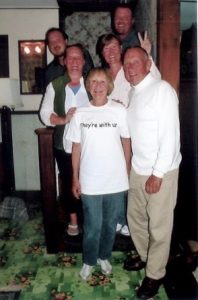Many people think of Alzheimer’s as a memory-loss illness and don’t realize that it’s a disease that kills. In fact, it is the sixth-leading cause of death in the U.S., taking more lives annually than breast cancer and prostate cancer combined. It’s the only killer among the top 10 that cannot be prevented, delayed or cured.
Pretty grim, I know.
As I’ve often said, when there’s a diagnosis of Alzheimer’s, there are two patients: the person with the disease and the caregiver.
People caught up in caregiving may become ill themselves because of the strain they are under. They often don’t eat well, exercise, get enough sleep or have time to themselves. I call that illness “care-heimer’s.”
“Care-heimer’s”can be fatal too – but it doesn’t have to be.

Loneliness and isolation, as well as physical stress associated with Alzheimer’s disease can be deadly for caregivers.
When you tell others what you are experiencing, you’ll probably get more hugs and maybe even a chicken casserole. When you go to counseling or a support group, you’ll learn skills to deal with the daily challenges of caring for someone who lives with Alzheimer’s. When you open up, the burden of caregiving may seem a little lighter.
I know what a lonely and depressing place it is when a loved one has Alzheimer’s. Maybe you feel guilty about asking for help – but you shouldn’t. The Alzheimer’s Association (1-800-272-3900 or alz.org) is there for you with free services and support. They’ll help you survive “care-heimer’s.”
Your loved one is counting on you more than ever. Don’t try to go it alone. Don’t become a victim of “care-heimer’s.”
#AlzCaregiving



 day to do things the way they “should” be done. You feel like a failure.
day to do things the way they “should” be done. You feel like a failure.

